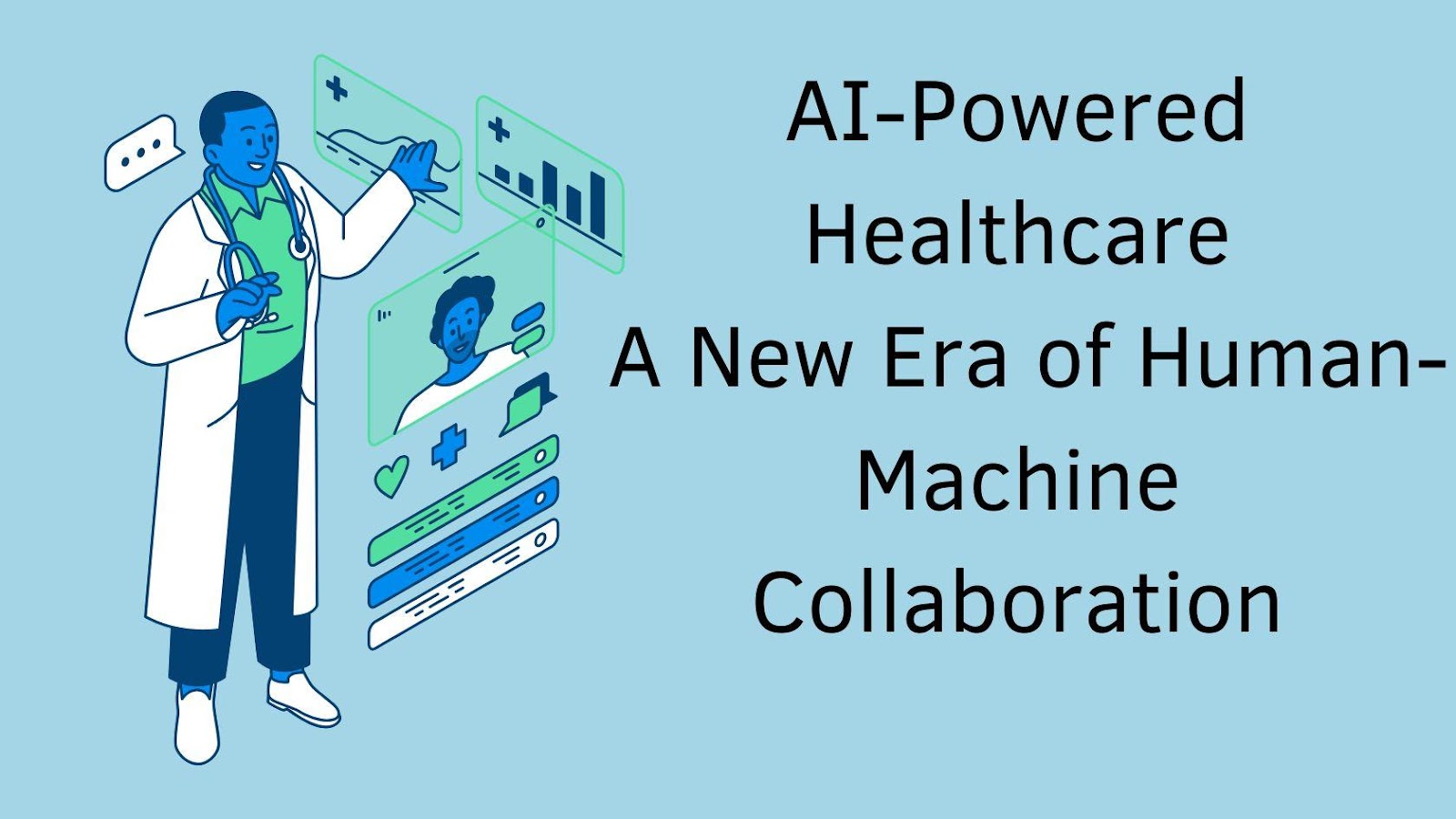In today’s digital transformation era, artificial intelligence (AI) is reshaping industries, and healthcare is no exception. AI’s integration into medical practice is revolutionizing patient care, diagnostics, and operational efficiency. While some fear the automation of healthcare roles, AI is more accurately seen as an augmentation tool that enhances human capabilities rather than replacing them. Bhavyateja Potineni explores this transformative journey, shedding light on how AI-driven innovations redefine medical practice while maintaining the human essence of healthcare.
Revolutionizing Medical Diagnostics
AI has greatly enhanced diagnostic precision across medical fields. Machine learning models analyze medical imaging with accuracy rivaling or surpassing human specialists. AI-driven radiology tools swiftly detect early-stage cancers, fractures, and cardiovascular issues, reducing human error. By processing vast imaging data, AI helps radiologists identify overlooked anomalies. Similarly, AI-powered pathology systems streamline tissue analysis, enabling faster, more accurate disease detection, ultimately improving patient outcomes and efficiency in healthcare diagnostics.
Automation in Administrative Healthcare Tasks
Beyond diagnostics, AI is transforming administrative functions in healthcare. Automation has reduced documentation burdens, with AI-powered voice recognition tools capable of transcribing physician-patient interactions in real time. This decreases physician burnout and allows for more focused patient care. AI-driven scheduling and billing systems have optimized hospital resource management, reducing wait times and enhancing patient experience. By handling routine and time-consuming tasks, AI enables healthcare professionals to dedicate more time to patient interaction and clinical decision-making.
Enhancing Clinical Decision Support Systems
AI-driven decision support systems augment medical professionals’ diagnostic and treatment planning capabilities. These tools analyze patient histories, genetic data, and real-time health metrics to provide clinicians with data-backed recommendations. For instance, AI algorithms can predict the likelihood of diseases such as diabetes and cardiovascular conditions based on historical patient data, allowing for early intervention. Moreover, AI-assisted medication management ensures personalized prescriptions by identifying potential drug interactions and dosage optimizations, minimizing adverse reactions.
Surgical Innovations and Robotics in Healthcare
Robotics and AI are making surgeries safer and more precise. AI-powered surgical robots assist surgeons in performing minimally invasive procedures, reducing recovery time and post-operative complications. These robots enhance precision, enabling surgeons to execute complex procedures with greater control and reduced margin of error. Additionally, AI is critical in post-operative monitoring, predicting complications before they manifest and ensuring timely interventions.
Personalized Medicine and AI-Driven Treatment Plans
AI is revolutionizing healthcare with personalized medicine, analyzing genetics and lifestyle to tailor treatments. In oncology, AI predicts therapy responses, optimizing cancer care. For chronic diseases like diabetes, AI enables real-time glucose tracking and adaptive treatments, enhancing outcomes and reducing hospitalizations through proactive management and precision care.
Workforce Adaptation and Evolving Roles
As AI integrates into healthcare, professionals must develop AI literacy to interpret insights while ensuring human oversight. Medical institutions now offer AI training to balance technology with human judgment. This shift enhances, rather than replaces, clinicians—equipping them with tools for more informed, efficient, and effective decision-making.
Ethical Considerations and Human Oversight
While AI presents numerous advantages, its integration into healthcare must be approached responsibly. Human oversight remains critical, particularly in decision-making areas such as diagnostics and treatment recommendations. Ethical concerns surrounding data privacy, bias in AI algorithms, and accountability in AI-driven medical errors must be addressed. Ensuring transparency in AI models and maintaining human involvement in final decision-making processes is crucial to ethical AI deployment in healthcare.
The Future of AI in Healthcare
The future of AI in healthcare holds immense promise, but its success depends on responsible implementation. AI-driven solutions must complement human expertise rather than compete with it. As technology advances, the focus must remain on improving patient care, enhancing clinical accuracy, and streamlining healthcare workflows. The industry can achieve a balance where innovation and compassion coexist by fostering collaboration between AI and healthcare professionals.
In conclusion, Bhavyateja Potineni highlights AI’s undeniable impact on healthcare, illustrating how technology is not a replacement but a powerful ally for medical professionals. The evolution of AI-assisted healthcare is a testament to the field’s adaptability and commitment to better patient outcomes. With thoughtful integration, strategic workforce planning, and ethical considerations, AI has the potential to revolutionize medicine while preserving its core human essence.



































